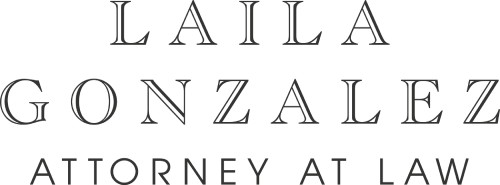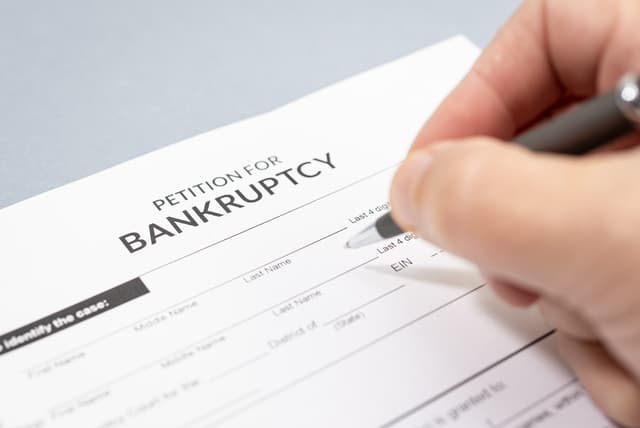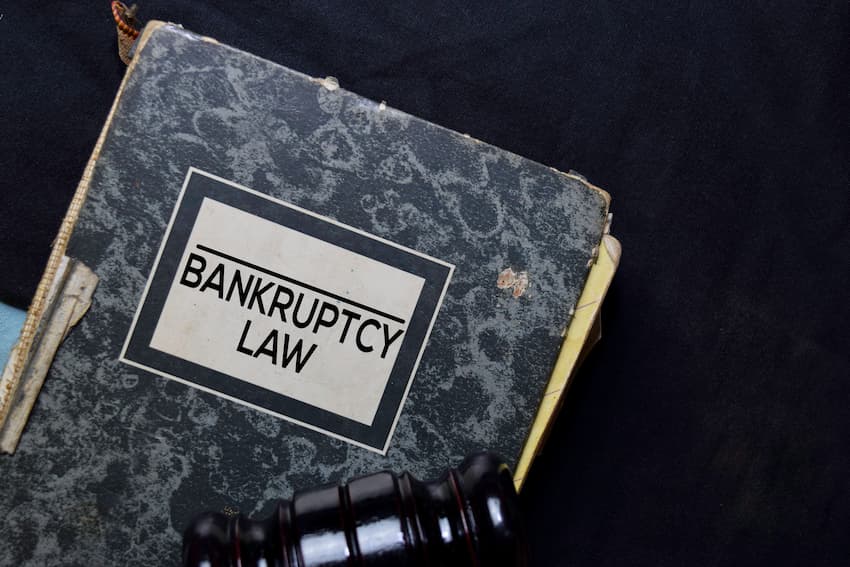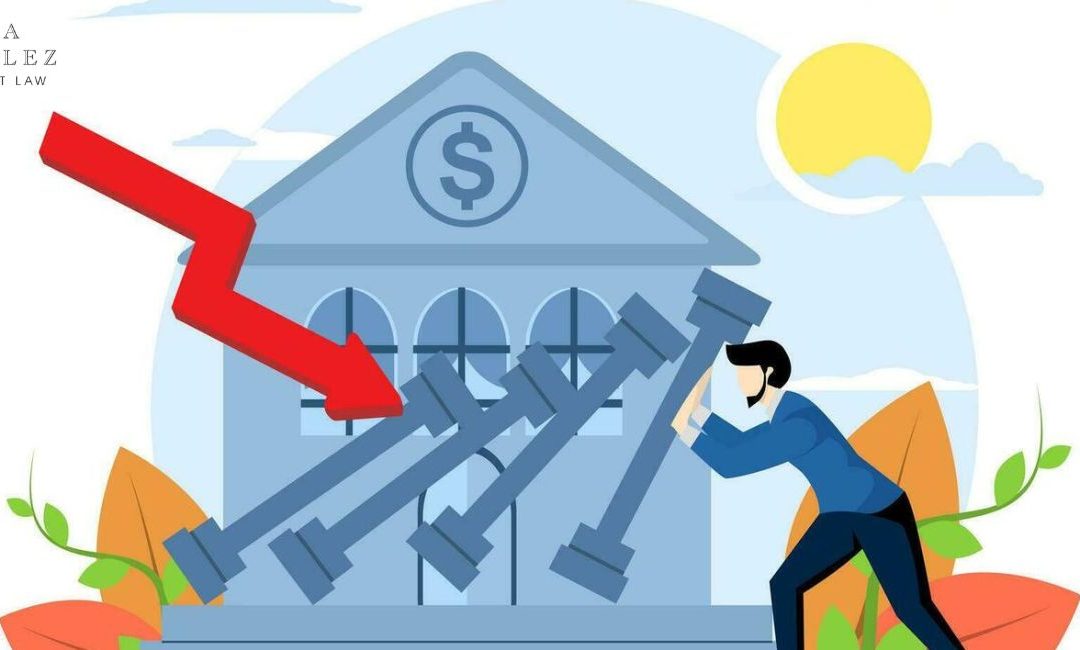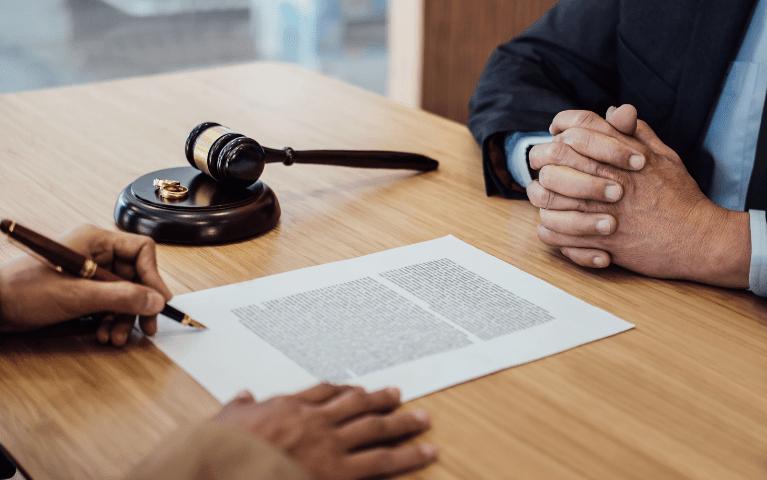Banks or the federal government give students money to pay for higher education through student loans. Student loans can cover living costs, books, tuition, fees, and other expenses. At the same time, student debt is the entire sum of unpaid student loans from undergraduates, graduates, and dropouts. And when that debt becomes overwhelming, many students look for possible solutions. One of them can be filing for bankruptcy. However, most bankruptcy attorneys tell clients that filing for bankruptcy is difficult and expensive. In addition, bankruptcy judges only provide student loan debt relief in exceptional circumstances. Yet, if the student loan crisis worsens, bankruptcy judges may soon see an increase in bankruptcy filings for student loan debt discharges. Therefore, it would be a good idea to learn all you need about student loan debt and bankruptcy and be prepared for the worst scenario even if you might not reach it.
Understanding student debt
If you cannot afford college, you might take out student loans. Any loans you take out to cover the cost of your college education that you will have to pay back with interest are considered student debt. And while students can save money to put toward the expense of higher education, the likelihood of doing so without financial support is becoming increasingly remote. That is because of the rising cost of education at many schools. With the ever-rising costs of textbooks, curricula, and other related expenses, student debt increases quickly, particularly for advanced degrees.
As a result, many students struggle to make their debt payments. Although it is expected that students will pursue career paths that will enable them to eventually pay off student debt, there are no assurances that they will do so right after graduating. Also, another drawback of student debt is that most students get one when they are still very young and may not completely understand the consequences of their actions.
What types of student loans are there?
Student loans are provided to college students by two different categories of lenders. The American government provides federal student loans. Private student loans are provided by financial institutions such as banks, credit unions, state loan programs, and others. To better understand the difference between the two, here is some information about both options:
Federal student loans
Federal student loans are those issued by the federal government of the United States. You should always take federal loans first because they are less expensive and frequently provide more advantages than those from private lenders. For instance, you will have fixed and lower interest rates, you can borrow money without a cosigner, and you can have extended repayment. In addition, if you work in areas like teaching or public service, part of your debts may be forgiven, meaning you won’t have to pay them back. Also, the repayment plan begins six months after graduation if you have to pay them.
Private student loans
The main thing you need to know about them is that they often cost more and have higher interest rates than federal loans. At the same time, the borrower needs to start making monthly payments while still enrolled in school. The lender decides all loan terms and conditions, and there is no government assistance. As a result, all interest payments are the student’s responsibility.
Can you file for bankruptcy on student loans?
Yes, you can! However, you’ll need to follow a reasonably strict process if you are heading toward bankruptcy and want to eliminate your student loan debt. It’s critical to organize your financial papers and student loan information. If you want to present your point convincingly, you must stay organized. Also, whether you have federal or private student loans doesn’t matter when filing for bankruptcy. In addition, it will be simpler to demonstrate undue hardship if you have missed payments and are past due on your debts.
How to file for bankruptcy?
The initial step would be to choose between Chapter 7 and Chapter 13, the two often-used consumer bankruptcy options. When choosing between them, you should consider their advantages and disadvantages. For instance, in Chapter 7, the trustee will sell your nonexempt assets. Depending on the state, your primary residence, a vehicle, and goods are frequently considered exempt assets. The trustee pays out as much of your debt as possible to your creditors with the proceeds, and the court discharges the remaining balance.
In Chapter 13, you must repay a portion of your debt according to a payment schedule outlined by the court. You might not have to sell your possessions to pay your debt, yet it can stay on your credit report for up to seven years. Therefore, you might have issues if you want to take another credit.
Student loan debt and bankruptcy
Your loans may be discharged in bankruptcy entirely, partially, or adjusted depending on whether you can successfully demonstrate undue hardship. Furthermore, you won’t need to continue paying back your student loans if you receive a full discharge. However, if only a portion of your loan payments is forgiven, you’ll be responsible for making the payments for them. However, if your debts are restructured, you may still be obliged to pay them. Yet, you will be given new terms that should be simpler to manage, such as a lower interest rate.
Nevertheless, you must manage your finances carefully and keep track of your spending. For instance, if you need to relocate, research all your options. As experts at AmeriSafe Moving Services advise, ask for multiple moving quotes and pick the movers that can offer the best services within your budget. Even if you might think that hiring movers is expensive, there are affordable relocation experts on the market.
Final thoughts on student loan debt and bankruptcy
Remember that bankruptcy is an option for those in absolute need of financial relief. Therefore, discussing your financial situation with a student loan attorney with much experience in bankruptcy and non-bankruptcy options is critical. Without a detailed evaluation and a grasp of the implications of each option you have, you risk missing the one solution that will best meet your needs.
The Law Firm of Freire & Gonzalez, P.A., is ready to guide you through bankruptcy and help you regain control of your finances and your life. If you have any questions, please contact us at 305-826-1774 and our locations:
Bankruptcy Lawyers Fort Myers, FL
